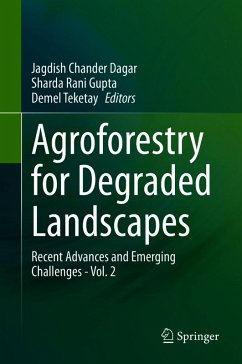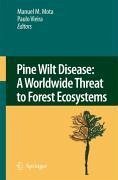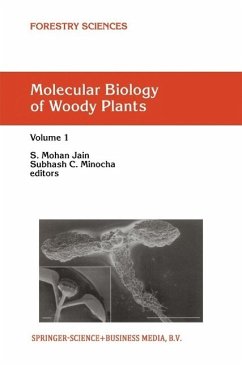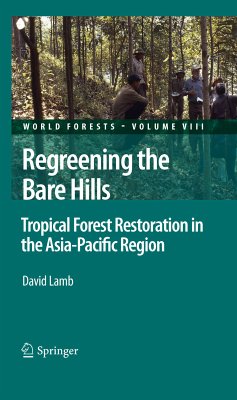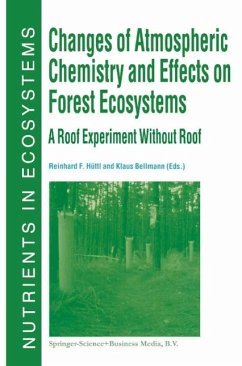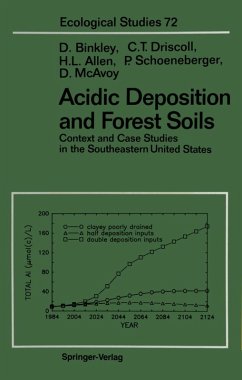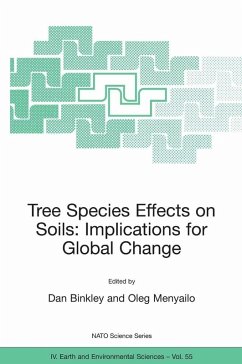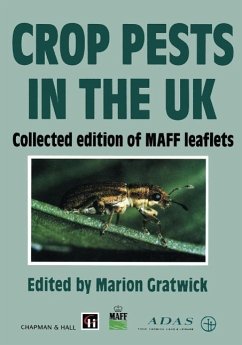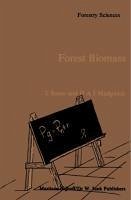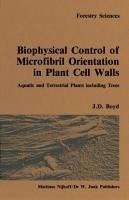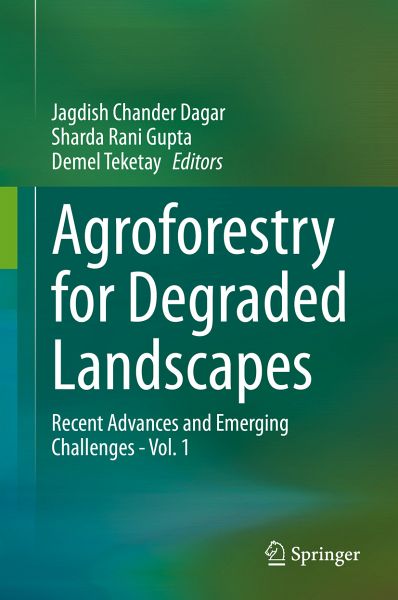
Agroforestry for Degraded Landscapes (eBook, PDF)
Recent Advances and Emerging Challenges - Vol.1
Redaktion: Dagar, Jagdish Chander; Teketay, Demel; Gupta, Sharda Rani
Versandkostenfrei!
Sofort per Download lieferbar
160,95 €
inkl. MwSt.
Weitere Ausgaben:

PAYBACK Punkte
80 °P sammeln!
This book presents various aspects of agroforestry research and development, as well as the latest trends in degraded landscape management. Over the last four decades, agroforestry research (particularly on degraded landscapes) has evolved into an essential problem-solving science, e.g. in terms of sustaining agricultural productivity, improving soil health and biodiversity, enhancing ecosystem services, supporting carbon sequestration and mitigating climate change. This book examines temperate and tropical agroforestry systems around the world, focusing on traditional and modern practices and...
This book presents various aspects of agroforestry research and development, as well as the latest trends in degraded landscape management. Over the last four decades, agroforestry research (particularly on degraded landscapes) has evolved into an essential problem-solving science, e.g. in terms of sustaining agricultural productivity, improving soil health and biodiversity, enhancing ecosystem services, supporting carbon sequestration and mitigating climate change. This book examines temperate and tropical agroforestry systems around the world, focusing on traditional and modern practices and technologies used to rehabilitate degraded lands. It covers the latest research advances, trends and challenges in the utilization and reclamation of degraded lands, e.g. urban and peri-urban agroforestry, reclamation of degraded landscapes, tree-based multi-enterprise agriculture, domestication of high-value halophytes, afforestation of coastal areas, preserving mangroves and much more. Given its scope, the book offers a valuable asset for a broad range of stakeholders including farmers, scientists, researchers, educators, students, development/extension agents, environmentalists, policy/decision makers, and government and non-government organizations.
Dieser Download kann aus rechtlichen Gründen nur mit Rechnungsadresse in A, B, BG, CY, CZ, D, DK, EW, E, FIN, F, GR, HR, H, IRL, I, LT, L, LR, M, NL, PL, P, R, S, SLO, SK ausgeliefert werden.



